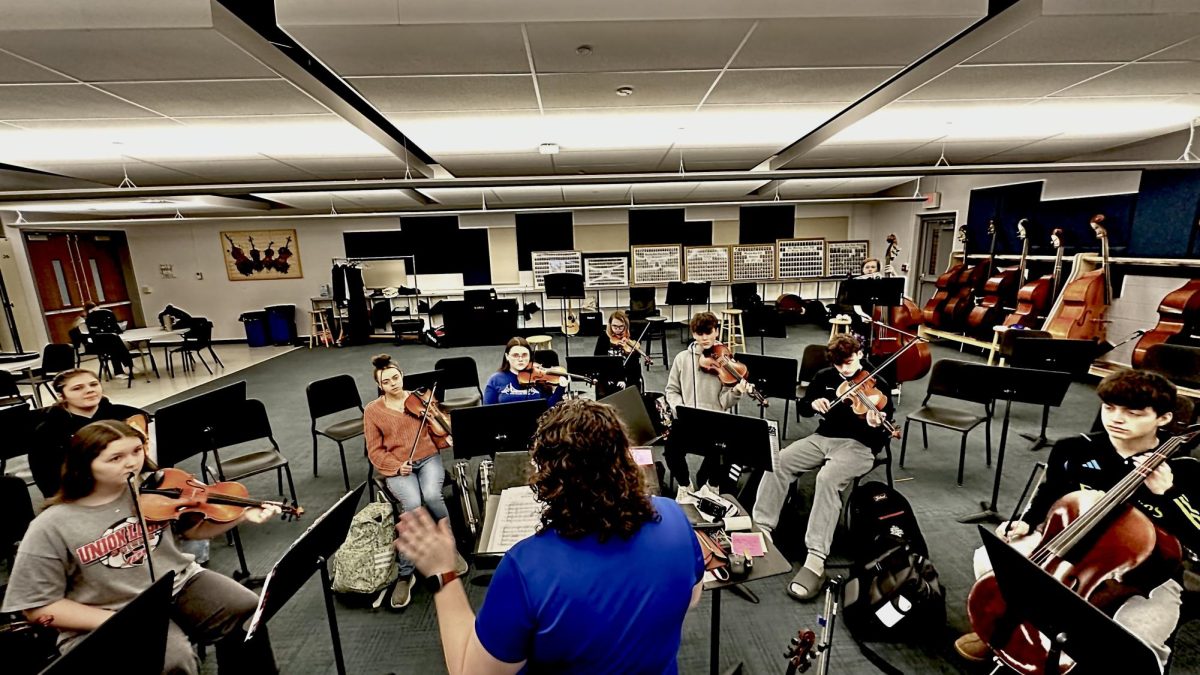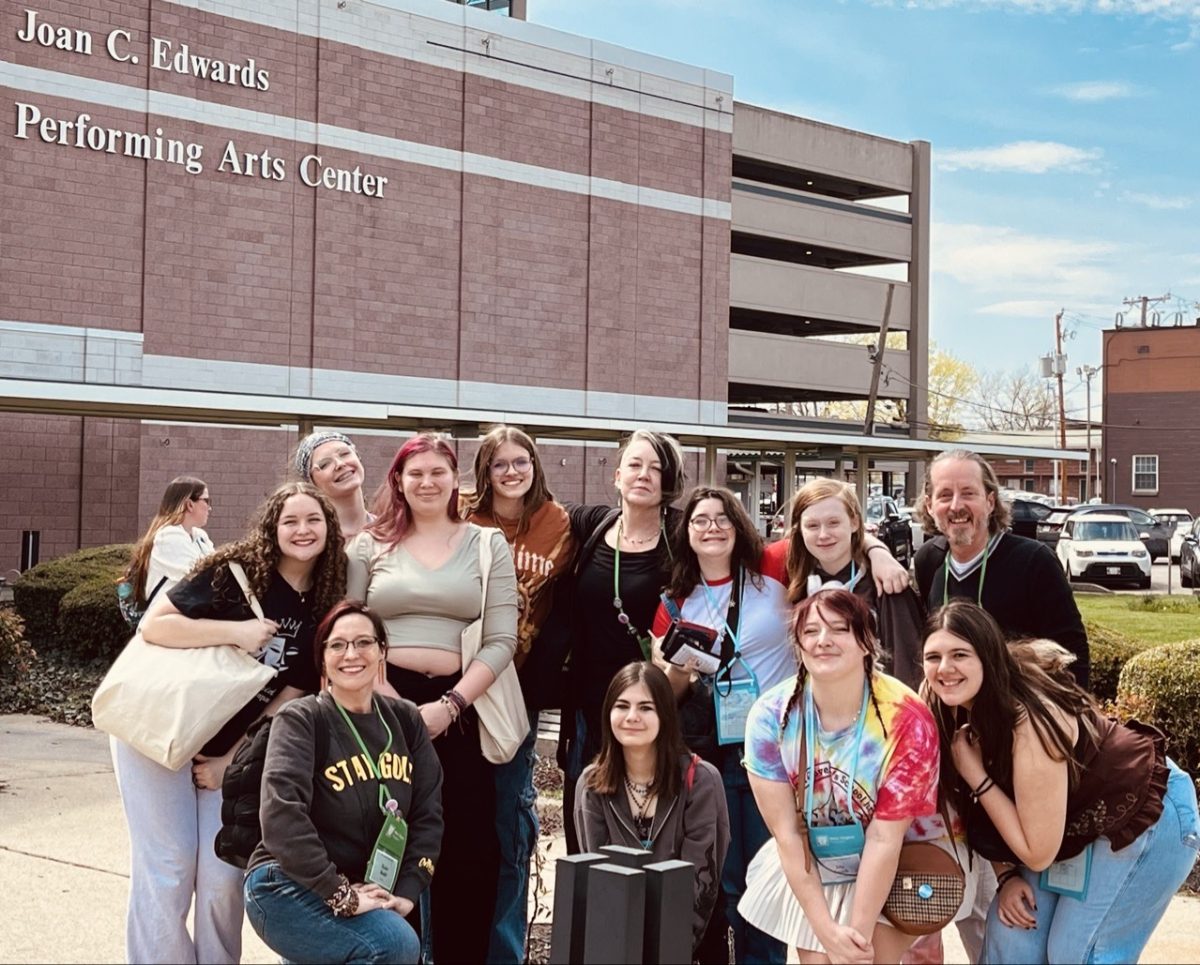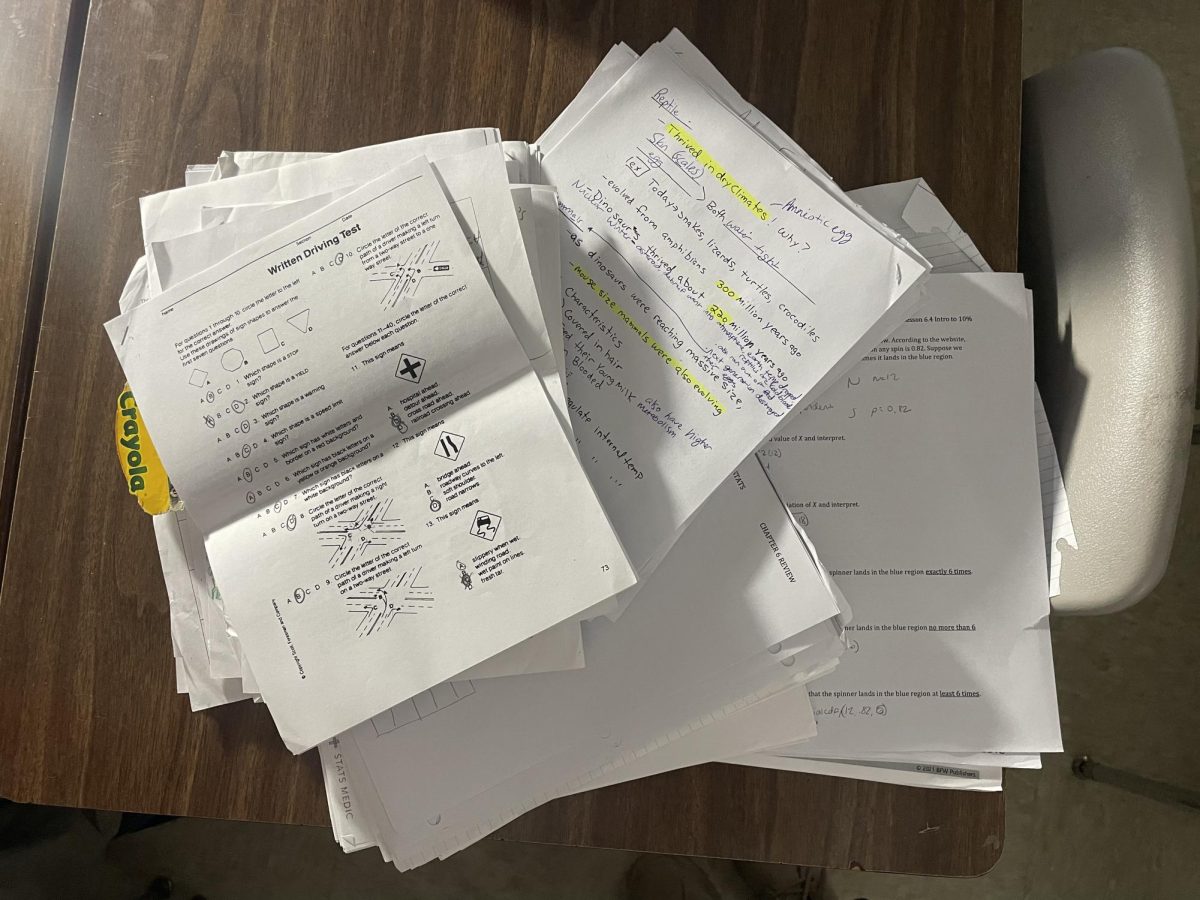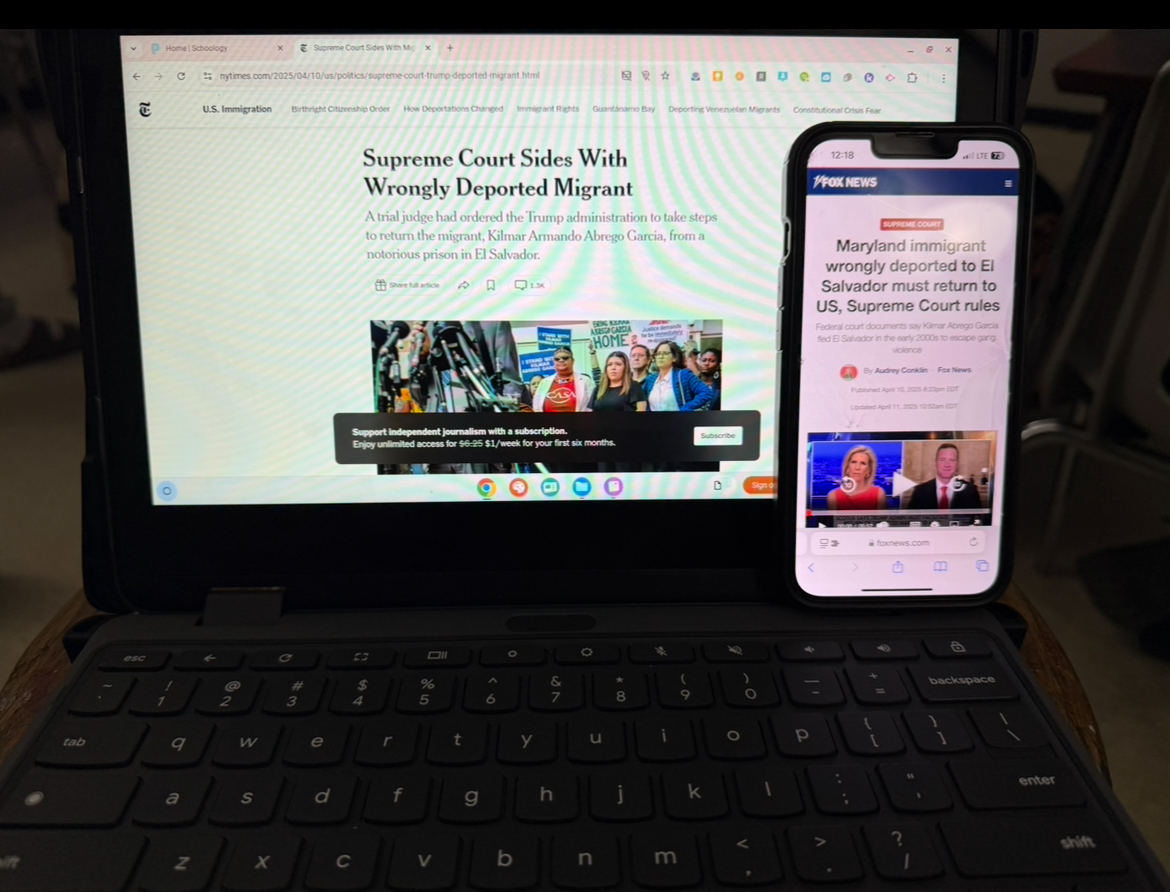Nearing the end of the school year, it can be difficult to find the motivation for school work. Whether students are struggling from senioritis, the stress of upcoming AP tests, scholarship deadlines, or college decisions, this time of year is typically when it’s the hardest to keep good grades and attendance.
Lack of motivation is the common denominator for these factors, and one major component to a student’s motivation is the work they are assigned in school.
“I am more motivated to do work that I feel like I’m learning more from versus busy work, which is a bit of work that I feel may just take up my time and I’m not really getting much out of,” said senior, Ryan Linder.
Mr. Orth, a science teacher at Park, agreed that he sees a shift in motivation when busy work is cut from lesson plans.
“I would say that students’ willingness to do the [larger assignments] is better since they’re not always bogged down with stuff that’s not necessarily as important. So getting them to put the effort into the things that are important and spend a little bit more time on that is better…there’s no reason to just kill time,” said Orth.
Orth shared that he used to assign busy work but has since found better alternatives. “I didn’t realize it until I got called out by a student…I either cut it entirely or replaced some things. I found a couple labs that we didn’t do before that I didn’t even know existed. So that’s always a better thing to help learn,” said Orth.
“The assignments in general that help I think are hands on activities, because of the fact that they kind of let you see what you’ve been learning in class and put it into action. So it really helps you visualize what you’ve been learning,” said senior, Evan Stingle.
“The assignments I find the most useful are the ones where I have to do the problem solving on my own. And then I get feedback from teachers and we kind of work through the problems together as a class,” said Linder.
“There’s a lot of teachers who do it right, where you are actually spending most of the time in school actually learning and perhaps doing projects and group activities and that kind of thing. And then when there’s homework at home, it’s really just to reinforce and practice the concepts you’ve been learning in school,” said senior, Grant Kenamond.
Social studies teacher, Mr. Galik, explained how he has seen students react to busy work, “I would say by definition, busy work is something to occupy time, not something to increase content knowledge…Yeah, I don’t think people are very motivated to do it.”
Galik explained that rather than assigning busy work if he has extra class time, “I would assign articles that need to be read that would contribute to someone’s basic knowledge…I give supplementary reading materials to enhance what the kids students know.”
That said, it is important to find a healthy balance. “If all you’re doing for eight periods a day is problem solving and working to your max ability all day long, I think that would get very tiring and exhausting for students,” said Linder. Having a mixture of assignments that require your full focus and brain power versus work that gives your brain a break while not wasting time benefits students’ learning and motivation.
For example, after a week of intense note-taking on the digestive system in Anatomy II, my class built kidneys out of cardboard, plastic tubes, coffee filters, and various other materials. This assignment required group work, hands-on building, and was genuinely fun to do. It reinforced information we had learned that week without being overly challenging or exhausting.
“When teachers set it up in such a way that you’re in school learning, you’re at home practicing, and then you have to actually learn the material to continue to be successful, that’s the best case scenario,” said Kenamond.
As the interactiveness and productivity level of a class increases, students are more likely to work hard and stay motivated. If everything a student does at school can be done at home, what’s the point of coming to school in the first place?

























